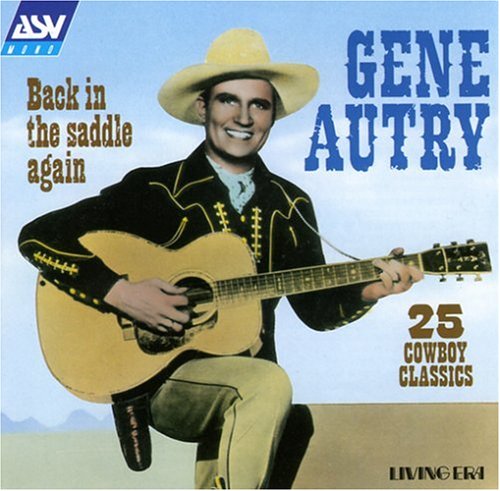
Church went well yesterday. It was good to be back on the bench. Parishioners and choir members were very solicitous about my eye surgery. I had prepared carefully and was able to lead the choir through the anthem which of course was a bit under rehearsed but came off well. The Kids choir (two kids) joined us for Calvin Hampton’s beautiful setting of “There’s a wideness in God’s mercy.” I had the choir sing the first stanza and the congregation joined in on stanza two and three.

In the afternoon Eileen and I drove over to Grand Rapids for the last of the Bishop Candidates presentations. It went over two hours. I was feeling a bit over churchified for sure. We came home and grabbed Elizabeth and went for drinks and dinner.
Earlier in the day Elizabeth drove up to spend time with Eileen’s mother while we were at church. They went out to eat and seemed to have had some quality time.
That’s all for the fam stuff today.

I am trying to finish reading Ann Carson’s Decreation since it’s due this week at the library. I am finishing up her essay that combines observations on Sappho, the Greek poet who lived 625-570 BC,

Marguerite Porete, the French mystic who died in 1310,

and Simone Weil, the French philosopher, mystic and activist.

Carson devotes a section to each person then a concluding section which is where I currently am in my eading. Curiously once again my reading and study serrenditiously relates to each other.

I learned from reading Mortimer J. Adler that one effective way to think about ideas and books is that they are in conversation with each other. This is obvious when reading books in the same field, but is also fun when it happens between books in fields that are less obviously connected.
Carson comments that all three writers were dealing with eradication of self from what is essentially a Christian mystic point of view. Christian mysticism is the one area of Christianity (besides the music) where I can feel at all interested and attracted in a singular and concentrated way. I think it relates to my love of poetry.
But the interesting part this morning was when Carson takes the obvious next step and examines how these three brilliant people addressed the contradiction between loss of self and the obvious huge ego one has to have in order to create the works these people left behind.

Carson puts it this way: “To be a writer is to construct a big, loud, shiny centre of self from which the writing is given voice and any claim to be intent on annihilating this self while still continuing to write and give voice to writing must involve the writer in some important acts of subterfuge or contraction.”

Her conclusion so far is that Porete and Weil were conscious of this contradiction, embraced it in their writing and simply did not try to resolve it. Carson says one cannot resolve this particular paradox.
It reminded me of Diderot’s essay Paradox that Richard Cramer addressed in his essay, “Diderot’s Paradox and C.P.E. Bach’s Empfindungen” that I mentioned here a couple days ago.

I haven’t read the original Diderot essay but apparently he addressing a similar thing: how actors can calculatedly portray deep human emotion with authenticity. I guess the idea is that the acting is artificial, but the emotions must be real in order to be completely effective.

All of this applies to all artists, I think. The egotistical selfless mystic is like the calculated actor who is connecting authentically is like the musician who must study and study technique and then abandon all thoughts of it and immerse him/herself in a different level of reality as they perform.
Jes sayin’